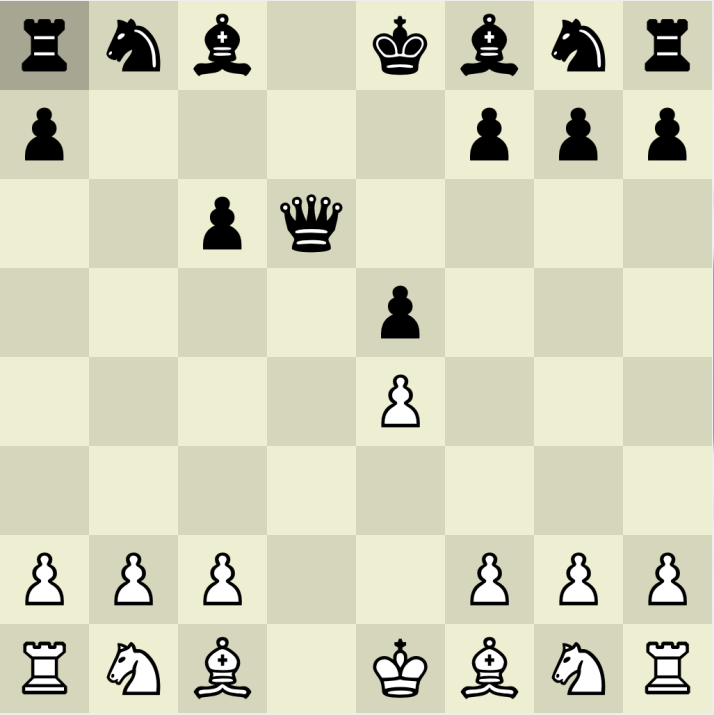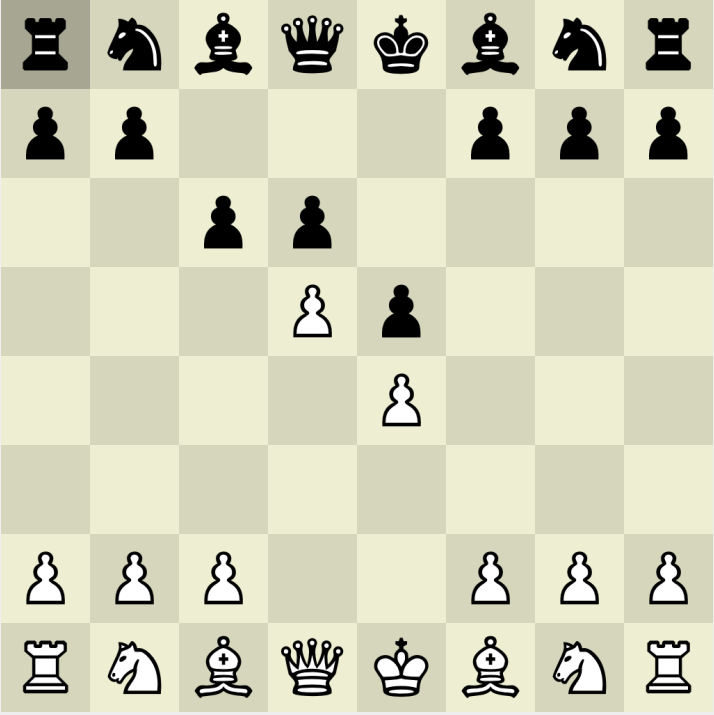Your logic is flawed because you negated "stand-pat" (i.e. do nothing) and alpha-beta. Let's take a look at the pseudocode (https://www.chessprogramming.org/Quiescence_Search#Pseudo_Code):
int Quiesce( int alpha, int beta ) {
int stand_pat = Evaluate();
if( stand_pat >= beta )
return beta;
if( alpha < stand_pat )
alpha = stand_pat;
until( every_capture_has_been_examined ) {
MakeCapture();
score = -Quiesce( -beta, -alpha );
TakeBackMove();
if( score >= beta )
return beta;
if( score > alpha )
alpha = score;
}
return alpha;
}
Your Qxd6 capture will make return a score far below the alpha. The line:
if( score > alpha )
will prevent your blunder being reported. Instead the engine would report either stand_pat (do nothing), or something like Nf3, Nc3 etc.
 which would result in a huge advantage for black.
which would result in a huge advantage for black.
